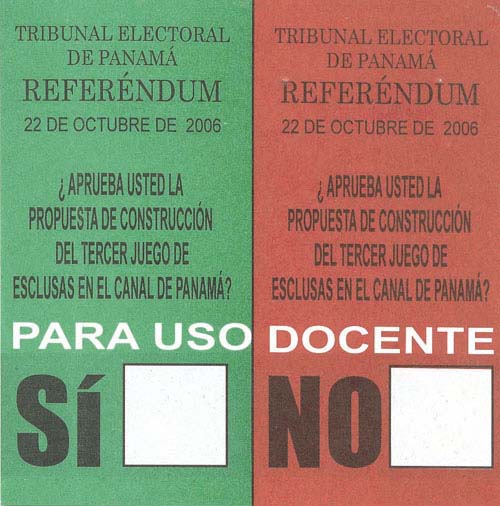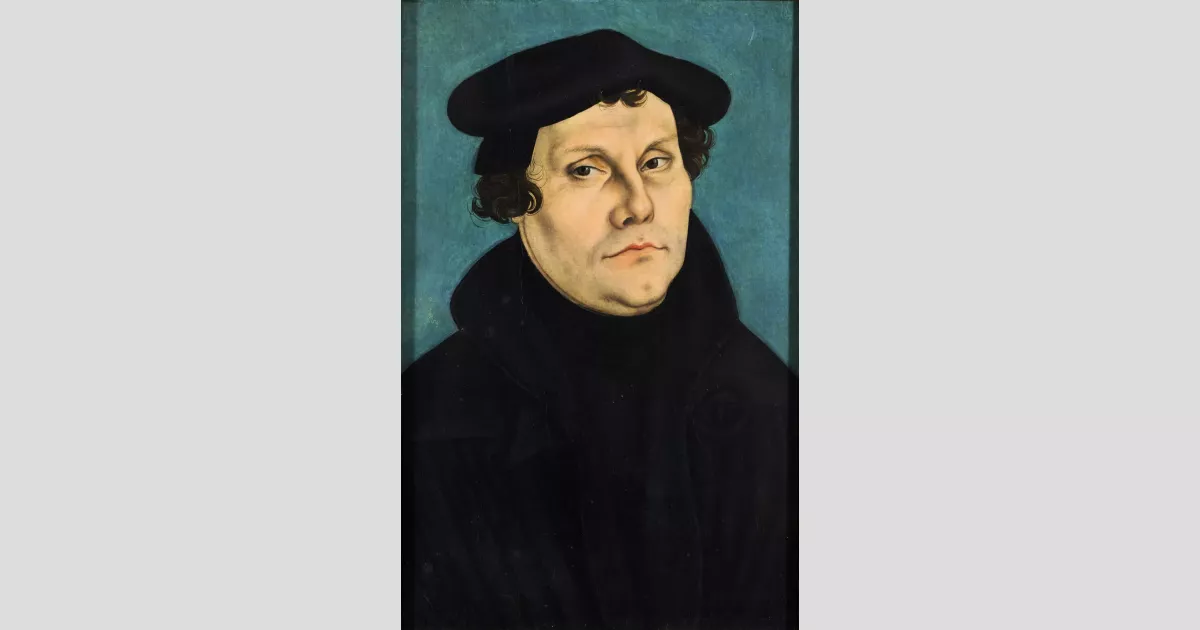Martin Luther, a German priest, theologian, and author, was a key figure in the Protestant Reformation. His theological ideas, which challenged the Catholic Church's authority and emphasized faith and scripture, laid the foundation for Lutheranism. Luther's influence extends beyond religion, significantly impacting Western history and Christian thought.
1928: Beginning of Geary's Analysis of Weimar Voting Trends
Richard Geary's analysis of voting patterns in Weimar Germany, leading up to the Nazi rise to power, began with data from 1928.
1933: End of Geary's Analysis of Weimar Voting Trends
Richard Geary concluded his analysis of voting patterns in Weimar Germany in 1933, marking the year the Nazis came to power.
1937: Luther's Anti-Semitic Work Gifted to Streicher
The city of Nuremberg presented Julius Streicher, editor of the Nazi newspaper Der Stürmer, with a first edition of Luther's "On the Jews and their Lies" for his birthday in 1937. The newspaper hailed it as the most radically anti-Semitic tract ever published.
November 1938: Sasse's Compendium and Kristallnacht
Bishop Martin Sasse, a prominent Protestant figure, published a collection of Luther's writings shortly after Kristallnacht. He drew a parallel between the events and Luther's birthday, further fueling the controversy surrounding Luther's anti-Semitism.
1940: Himmler's Admiration for Luther's Writings
Heinrich Himmler, a leading figure in Nazi Germany, expressed admiration for Martin Luther's writings and sermons on the Jews in 1940.
December 1941: Protestant Support for the Yellow Badge
In December 1941, seven Protestant regional church confederations issued a statement in support of the Nazi policy requiring Jews to wear the yellow badge. They cited Luther's past suggestions for similar measures.
1970: Lutheran Attitudes Toward Jews
A 1970 survey by Strommen et al. found that, among various minority groups, North American Lutherans showed the least prejudice against Jews.
1983: Edwards' Analysis of Luther's Later Writings
Mark U. Edwards, in his 1983 book "Luther's Last Battles: Politics and Polemics 1531–46", suggests that the increasingly anti-Semitic views expressed in Luther's later writings might be linked to his deteriorating health. Edwards also observes Luther's deliberate use of strong language for impact in his works.
1993: Geary's Research on Voting Patterns in Weimar Germany
Richard Geary, in a 1993 article in History Today, analyzed voting trends in Weimar Germany from 1928 to 1933. He noted that the Nazi Party received a disproportionately higher number of votes from areas with a Protestant majority compared to Catholic areas.
1999: Common Understanding of Justification by God's Grace
In 1999, the Lutheran World Federation, Methodists and the Catholic Church's Pontifical Council for Promoting Christian Unity agreed on a "common understanding of justification by God's grace through faith in Christ."
2006: Catholic Church Maintains Excommunication
Despite the agreement in 1999, the Catholic Church maintained its excommunication of Martin Luther issued in 1521.
2012: Probst's Book on Luther and the Protestant Church
Christopher J. Probst published "Demonizing the Jews: Luther and the Protestant Church in Nazi Germany" in 2012. The book explores how German Protestant clergy and theologians during the Nazi era used Luther's writings to justify anti-Semitic policies.
Mentioned in this timeline
Germany officially the Federal Republic of Germany is a nation...

The Catholic Church the largest Christian church globally with over...

Books are a means of storing information as text or...

Voting is the formal process of expressing preferences for officials...
Trending
13 minutes ago Kimberly Birrell faces Tatjana Maria in WTA Dubai 2026 first-round match.
2 hours ago Alaska Airlines Expands International Routes from St. Louis and Introduces New Spring Menus.

3 hours ago Mertens vs. Bouzkova: WTA Dubai 2026 Prediction, Odds, and Preview of the Match
3 hours ago Top Reliable Used Cars for Value in 2026: A Comprehensive Guide

14 minutes ago Janice Tjen Dominates Dayana Yastremska in Dubai WTA 2026 Round 1 Match
4 hours ago Linda Noskova Advances in WTA Dubai: Predictions, Betting Odds, and Tournament Info
Popular

Kid Rock born Robert James Ritchie is an American musician...
Randall Adam Fine is an American politician a Republican who...

Pam Bondi is an American attorney lobbyist and politician currently...

Barack Obama the th U S President - was the...
The Winter Olympic Games a major international multi-sport event held...

XXXTentacion born Jahseh Dwayne Ricardo Onfroy was a controversial yet...
